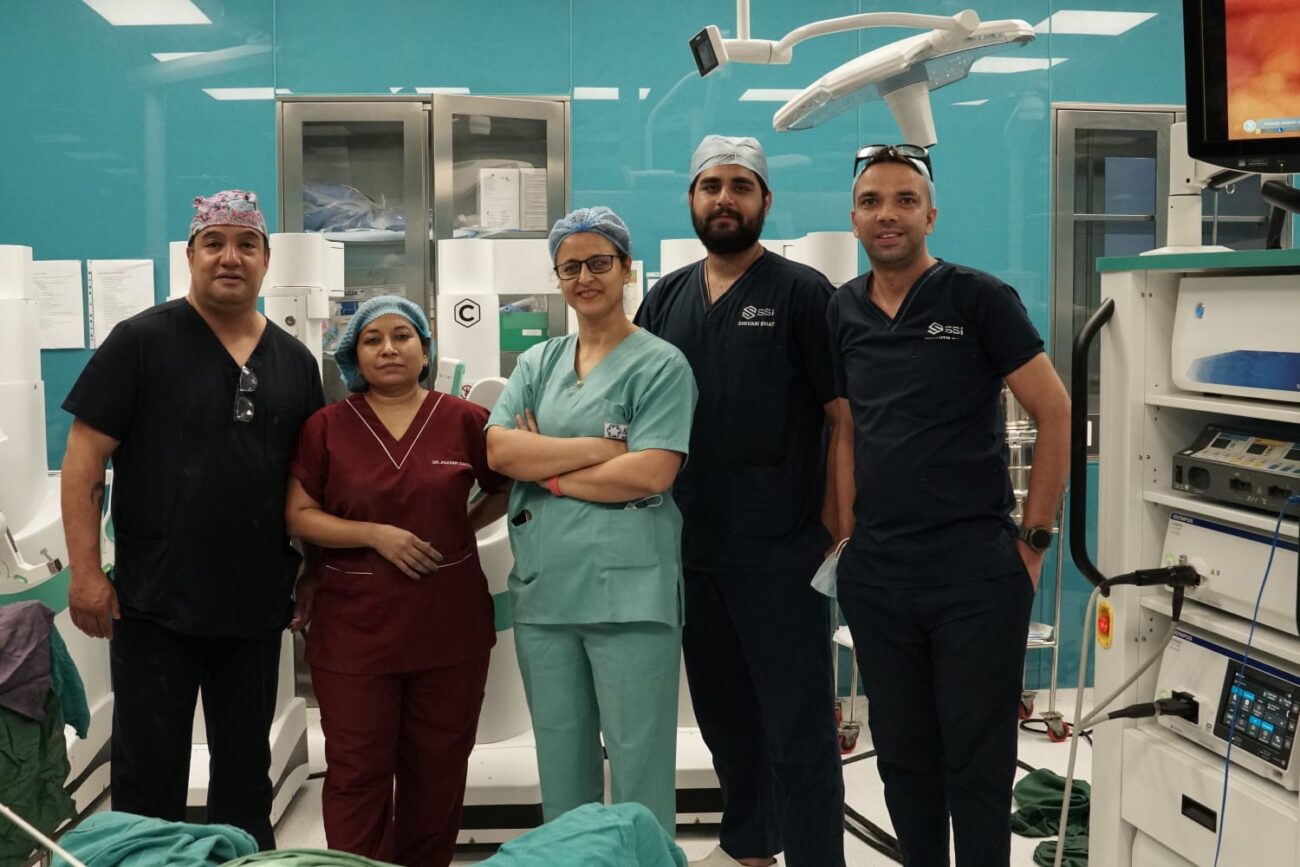Synairgen’s SNG001 will prevent cell damage in fight against coronavirus pandemic, says GlobalData
Synairgen has received approvals from the Medicines and Healthcare products Regulatory Agency (MHRA) and Health Research Authority (HRA) to conduct a trial of SNG001 (inhaled interferon-beta-1a) in coronavirus (COVID-19) patients. SNG001 will prevent cell damage
Synairgen has received approvals from the Medicines and Healthcare products Regulatory Agency (MHRA) and Health Research Authority (HRA) to conduct a trial of SNG001 (inhaled interferon-beta-1a) in coronavirus (COVID-19) patients. SNG001 will prevent cell damage in a similar fashion to that of multiple sclerosis (MS) patients, says GlobalData, a leading data and analytics company.
Synairgen previously tested SNG001 in patients with chronic obstructive pulmonary disease (COPD) with the common cold or influenza. Lacking an effective anti-viral treatment, those with COPD exacerbations account for the second most likely group of patients to be hospitalized in England. This targets a considerable unmet need and although the trial has currently been paused, initial data showed marked changes in COPD symptoms in patients with a confirmed common cold or influenza.
Clinical trials in asthma have also shown that treatment with inhaled SNG001 reduced lung viral load and lung pathology in an in vivo swine flu driven model of viral pneumonia. At the time of the Middle East respiratory syndrome coronavirus (MERS-CoV) outbreak in 2013, Synairgen collaborated with the National Institutes of Health (NIH) in the US to show that SNG001 could protect against MERS-CoV infection of lung cells in vitro.
Angad Lotay MPharm, Infectious Diseases Analyst at GlobalData, comments: “The human body produces its own interferon-beta (INF-beta), to help reduce inflammation caused by a natural immune response. For many years it has been used as a compound in patients with MS and is administered via subcutaneous injection. There is evidence that deficiency in IFN-beta production by the lung could explain the enhanced susceptibility of ‘at-risk’ patient groups in developing severe lung disease during viral infections.
“Furthermore, viruses, such as severe acute respiratory syndrome (SARS-CoV-2 and MERS-CoV), have evolved mechanisms which suppress endogenous IFN-beta production, thereby helping the virus evade the innate immune response. Research conducted in Hong Kong has revealed that patients who had recovered from the coronavirus had sustained lung damage, therefore it is possible that patients may not fully recover their lung function following the infection. Synairgen’s SNG001, a formulation of IFN-beta-1a for direct delivery to the lungs via nebulization will therefore prevent cell damage.”



